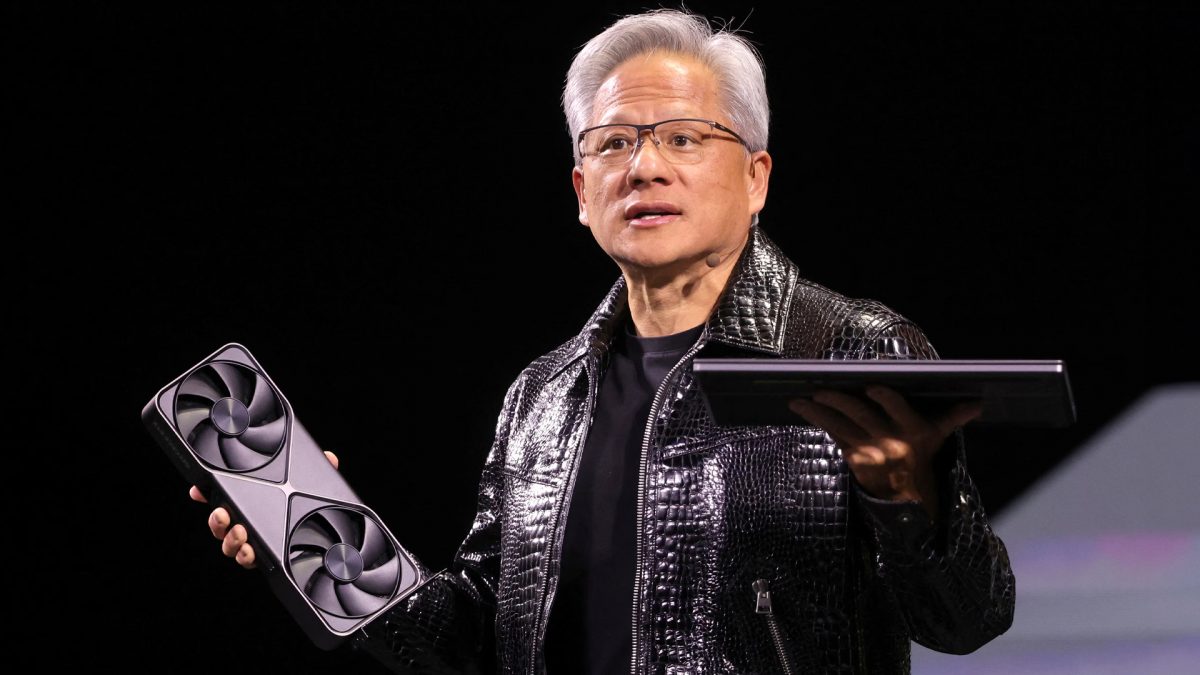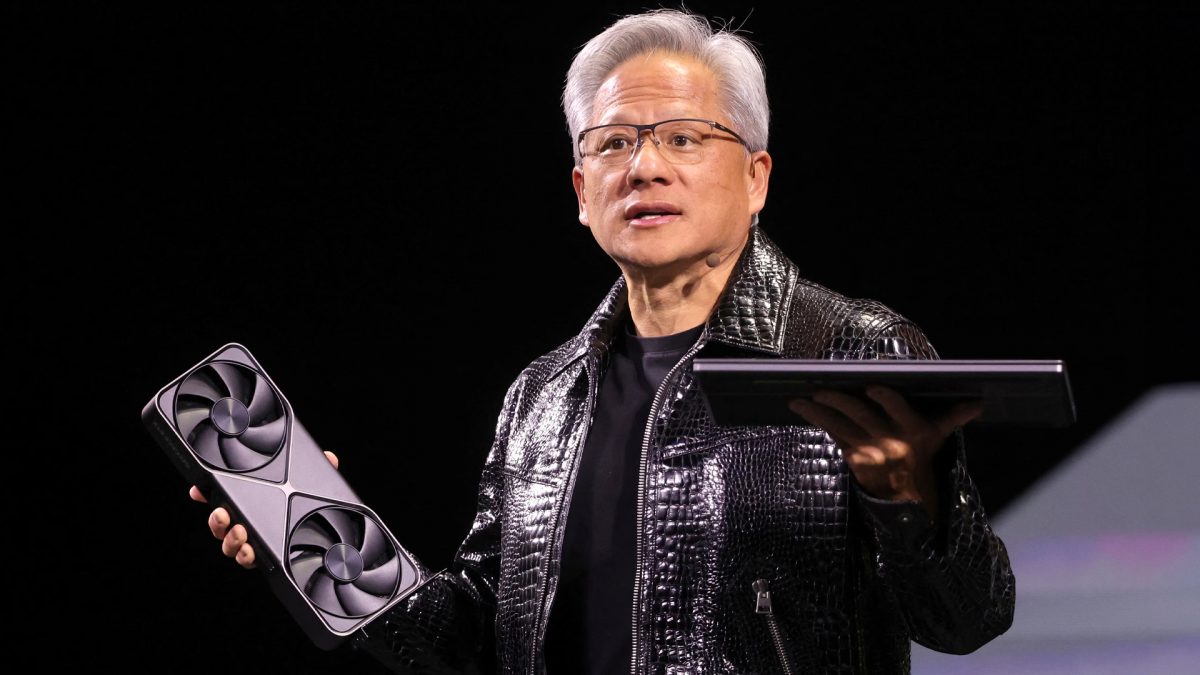Google is preparing for a technological leap to the stars, announcing an ambitious new project to place artificial intelligence (AI) data centres into low-Earth orbit. Dubbed Project Suncatcher, the initiative aims to satisfy the rapidly escalating power and cooling demands of the AI boom by exploiting the vast potential of space-based solar power.
The US technology giant plans to launch its first trial equipment by early 2027, paving the way for full-scale constellations of tightly packed, solar-powered satellites.
Engineers envision approximately 80 units orbiting roughly 400 miles above the Earth, equipped with specialised Google TPUs—the high-powered processors optimised for AI.
A response to earthly constraints
Google’s research, released this week, suggests that the falling cost of commercial space launches could make the operational expenses of orbiting data centres comparable to their terrestrial counterparts as early as the mid-2030s.
However, the primary motivation is addressing the environmental footprint of AI. Earth-bound data centers consume immense amounts of energy and water for cooling. By moving these operations to space, Project Suncatcher could:
Minimise terrestrial impact on land and precious water resources.
Harness solar panels up to eight times more productive than those on Earth for near-unlimited clean energy.
Once in orbit, the data centres would transmit processed results back to Earth using cutting-edge “free-space optical links,” which use light or laser beams for high-speed wireless communication.
Google’s plan acknowledges “significant engineering challenges,” including on-orbit system reliability, heat management, and maintaining high-bandwidth communication with the ground.
The proposal also raises potential concerns from the scientific community, with astronomers expressing worry that the growing number of satellites could interfere with deep-space observation, describing them as “like bugs on a windshield.”
Furthermore, critics note that launching a single rocket emits hundreds of tons of CO2, partially offsetting the long-term green benefits.
Google is not alone in this frontier. Rival companies are also looking skyward; Elon Musk’s SpaceX and Starlink ventures have indicated similar ambitions, and the startup Starcloud is already preparing to launch Nvidia AI chips into space, confirming that the race to host the next generation of computing infrastructure is officially leaving the planet.


)

)
)
)
)
)
)
)
)



